Illinois lawmakers are considering a bill that would inform students of their rights when being questioned by police on school grounds.
The bill, which is expected to be voted on next week by the House Committee on Elementary and Secondary Education, follows the release of a series of reports titled Policing Public Schools, which was sponsored by Project NIA, a community organization that seeks to reduce youth arrests.
According to the report, over 4,000 arrests per year have taken place on CPS property since 2010 and 84 percent of those arrests were for misdemeanor offenses.

The report also noted that in 2012, black youths accounted for over 75 percent of the arrests.
Michael Kiser, an attorney representing special education clients in Illinois, said police officers and administrators routinely question students alone without informing the parents.
Kiser said students are told to explain what happened and sign a written statement before being allowed to go back to class, but usually going back to class is not the outcome.
“In the vast majority of cases, if the child does write a statement, it often results in an arrest,” Kiser said.
“All of this takes place without the rights being read,” Kiser said. “But if the rights are known, then at any time a student could say, ‘I don’t want to give a statement in the absence of my parents,'”
Elizabeth Clarke, president of the Juvenile Justice Initiative, echoes that concern.
“Children need the assistance of counsel to understand the consequences of cooperating with the police,” Clarke said. “Among minors, the least understood warning is the right to counsel.”
The Cook County State’s Attorney, who opposes the bill, said it could interfere with police investigations.
“The intent is to prohibit the police interaction for minor offenses but this will also prohibit police communication with a student post offense for at least a 24-hour-period,” said Brenden Stark, an assistant Cook County State’s Attorney.
While Stark acknowledged the bill contains an emergency exception that would allow for immediate questioning, he said it will still impair the officer’s ability to investigate.
“At the conclusion of the offense if the emergency has ceased it would not allow for the swift and certain investigation of a very serious crime,” Stark said.
But Kiser said the bill would not prevent the immediate investigation of any serious occurrences.
“An action by a student that poses substantial risk of imminent harm to the student or other persons including possession of firearms, weapons and other, are the reasons that the police immediately becomes involved without any administrator,” Kiser said.
CPS currently opposes the bill, but the bill’s sponsor, State Rep. Emanuel Chris Welch, D-Chicago, said he hopes to address their concerns and get their support. Welch added it will not cost schools any money to implement the measures.
The Illinois Collaboration on Youth, an organization that strives to reduce youth involvement in the child welfare and juvenile justice systems said the bill will help children stay on track.
“Youth subject to harsh sanctions are at a significantly higher risk for interruptions in their personal growth and development of skills in becoming healthy adults and productive members of society,” said policy director Nora Collins-Mandeville.
Welch agrees and hopes the bill can prevent that outcome.
“As a policy and state we should be looking at keeping kids in school, on a track to graduate, go to college, obtain a career, and out of the schools to prison pipeline,” Welch said.
|
|

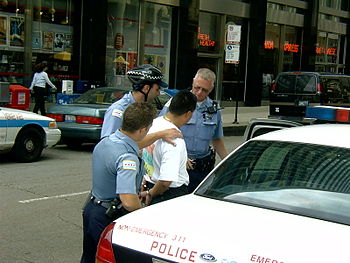

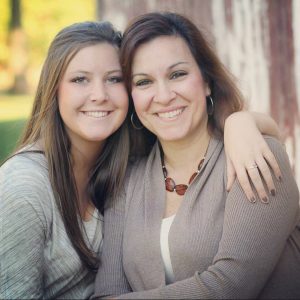
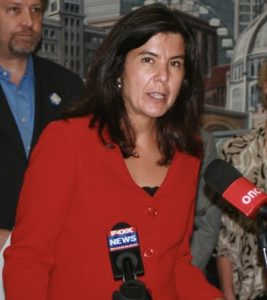
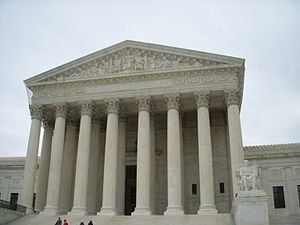






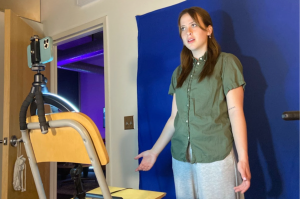



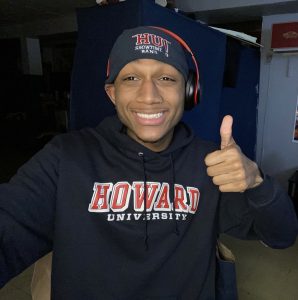


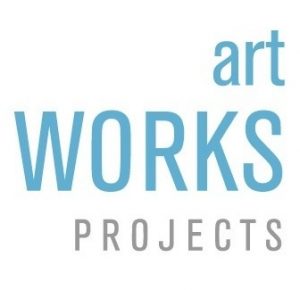

Be First to Comment